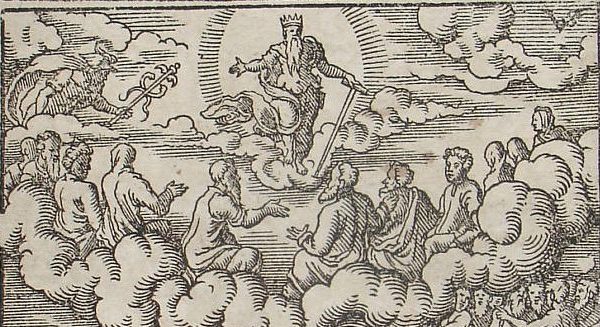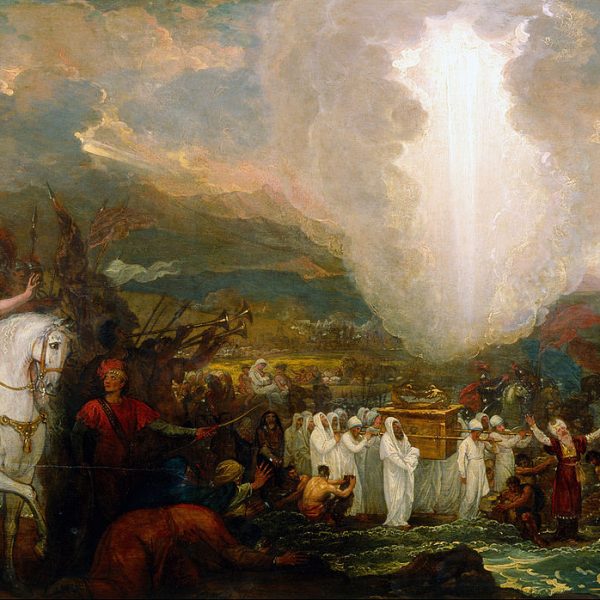
The familiarity of the 23rd Psalm can blind us to the striking political dimensions of its message: YHWH is the shepherd of the king, protecting him from enemies and granting his kingdom prosperity. Close reflection upon this psalm may also suggest some significant applications within the contemporary world.

When we are tempted to anxiety in the face of the success of the wicked, the psalmist reorients us to the Lord.

Bookended by the call to ascribe glory and strength to the Lord, and the answering request that the Lord give strength and blessing to his people, Psalm 29 offers us a vision of good rule.

Integrity is what we demand from others, aspire to in ourselves, and often fall short of. We fall short, but will find wholeness in the Son of Man.

‘Under New Management’: The perfect way to describe people who are led by the Good Shepherd, rather than by the false shepherds of this age..

God brings his judgment in and as the light, providing us with a pattern for human justice.





